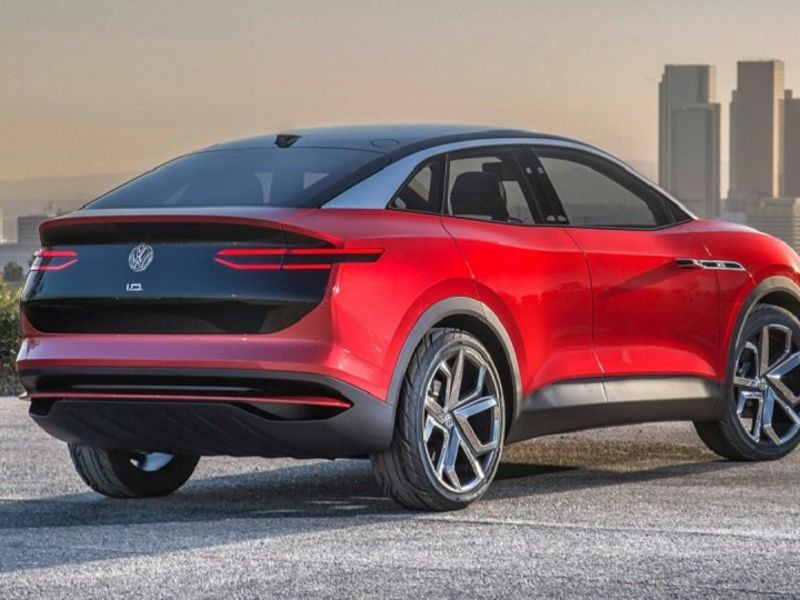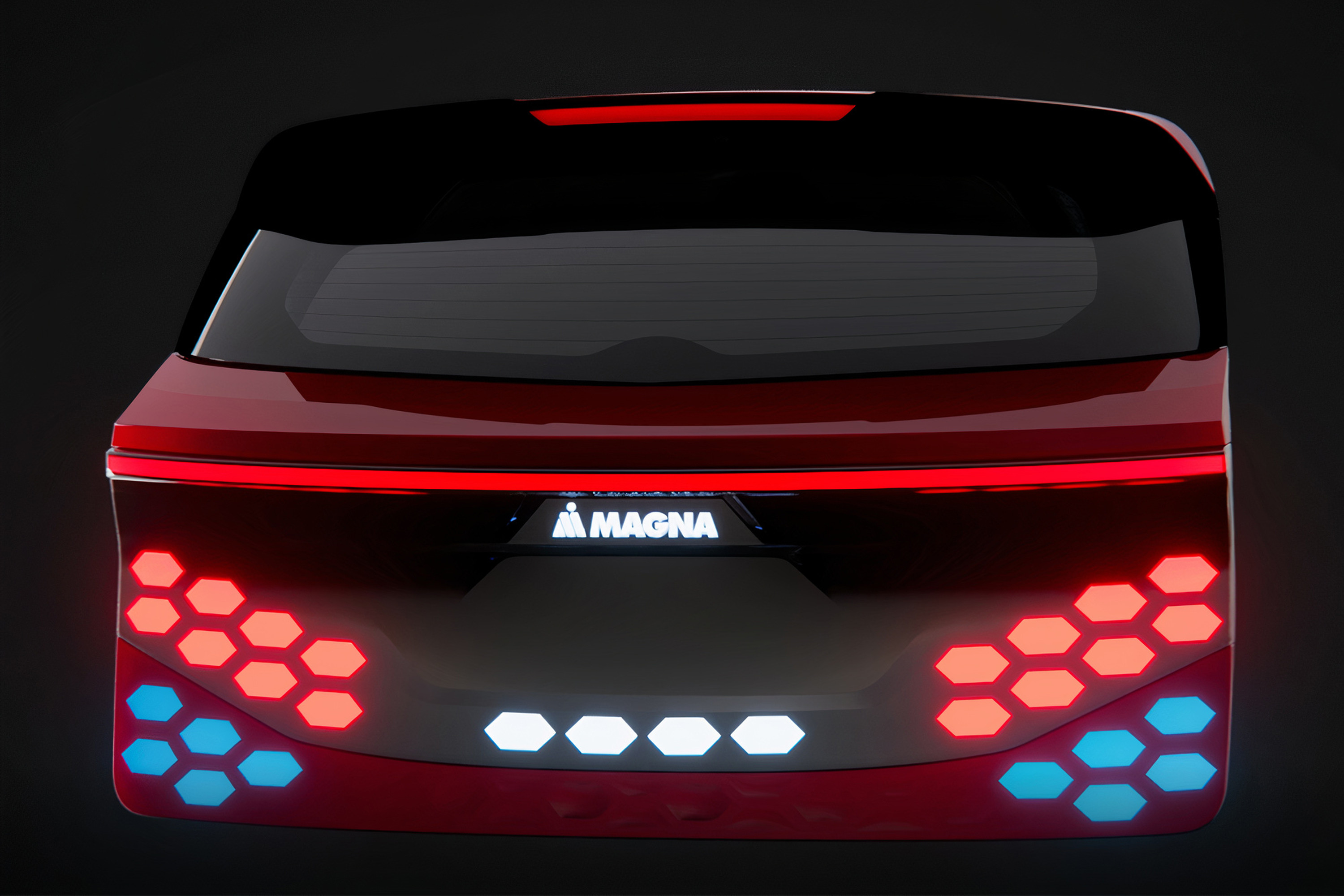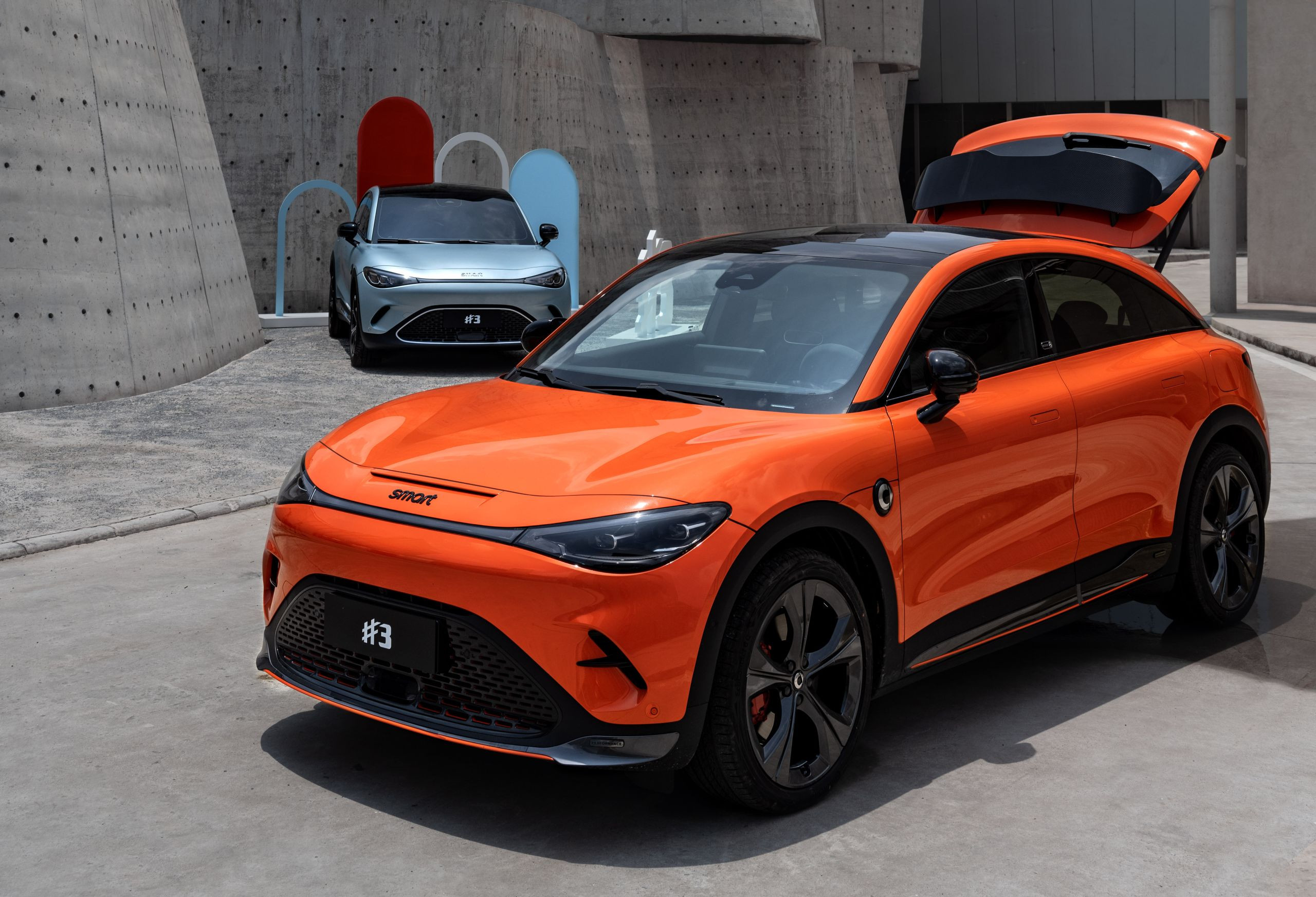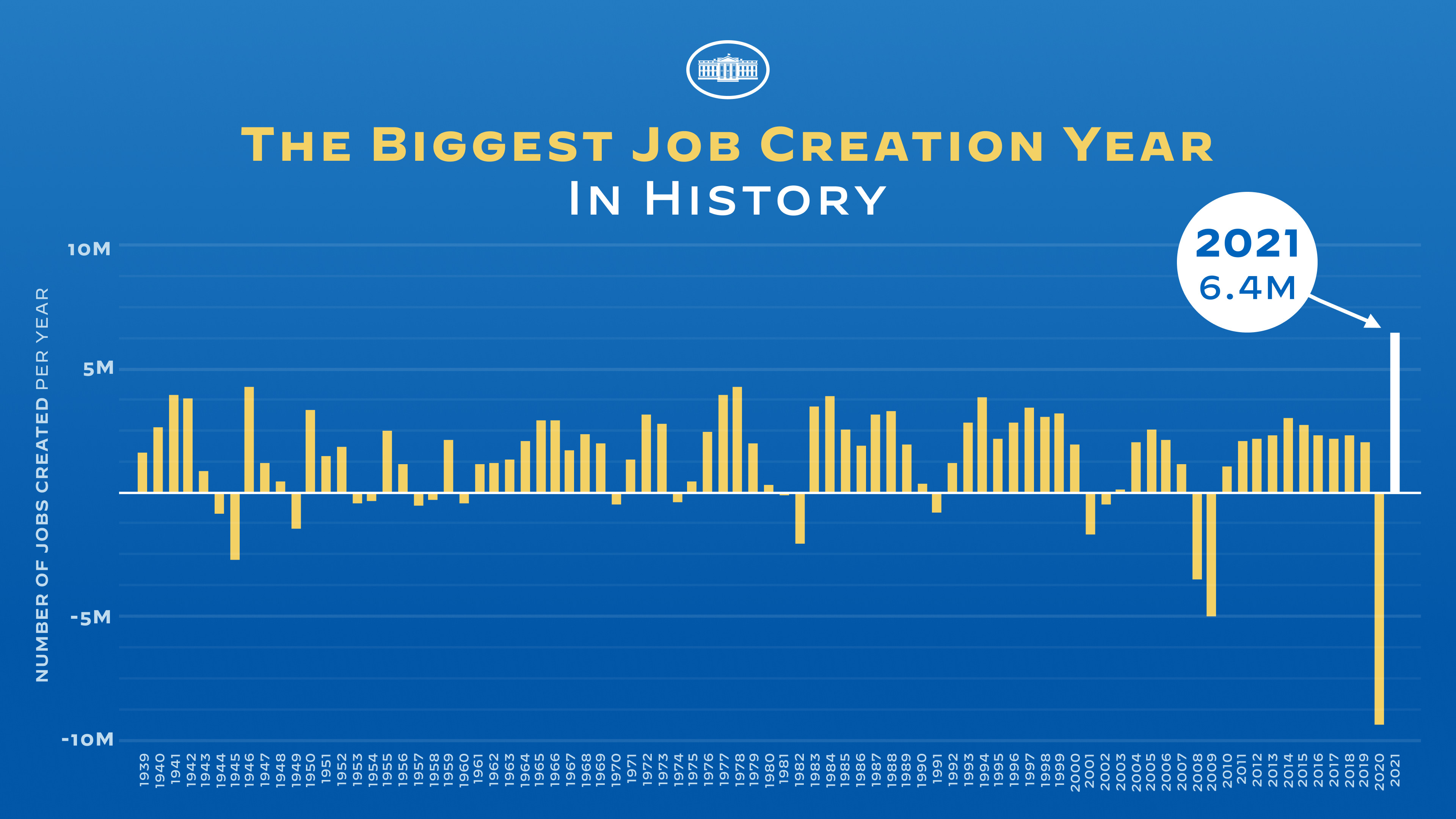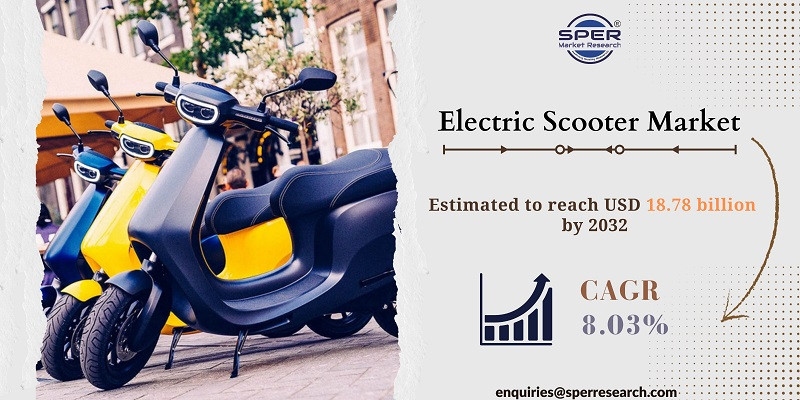Magna International's CEO: US Contract Assembly is 'Very Low' Amid Electric Vehicle Shift
As the automotive industry races towards an electric future, Magna International, a leading automotive parts supplier, is facing a significant challenge in the United States. The company's CEO, Swamy Kotagiri, has expressed a bleak outlook regarding Magna's potential involvement in contract assembly work in the US, citing a lack of opportunity and a complex regulatory landscape as major hurdles.
Kotagiri's statements came during a recent interview, where he acknowledged the rapid shift towards electric vehicles and the resulting impact on the traditional automotive industry. He specifically mentioned the challenges of contract assembly in the US, noting that The company has not taken on any new contract assembly projects in the country for several years.
The Complexities of Contract Assembly in the US
The US auto industry is witnessing a significant transformation as automakers invest heavily in electric vehicle production. This has led to a surge in demand for contract assembly services, as automakers seek to scale up their production capacity without making significant investments in new factories. However, Magna's reluctance to enter the US contract assembly market stems from a combination of factors, including:
Regulatory Hurdles
The US government has implemented stringent regulations regarding battery manufacturing and electric vehicle production, which pose a considerable challenge for contract assemblers. These regulations, intended to promote domestic battery production and electric vehicle manufacturing, often involve complex permitting processes, environmental regulations, and labor standards. Navigating this regulatory labyrinth can be time-consuming and costly, deterring companies from taking on contract assembly projects in the US.
Competition from Established Players
The US market is already crowded with established contract assemblers, many of whom have deep experience and strong relationships with local suppliers and labor unions. This intense competition makes it difficult for new entrants to secure contracts and establish a foothold in the market. Magna, with its global reach and established presence in other regions, may be hesitant to compete in this fiercely competitive environment.
Rising Costs
The rising costs of labor, materials, and transportation in the US are also contributing to the challenge of contract assembly. The high cost of doing business in the US, coupled with the uncertain economic climate, can make contract assembly projects less attractive to companies like Magna, who are constantly looking for ways to optimize their operations and minimize costs.
The Shift to Electric Vehicles: A New Landscape
Magna's decision to avoid US contract assembly is also a reflection of the broader industry shift towards electric vehicles. Electric vehicles require different manufacturing processes and a different skillset than traditional gasoline-powered vehicles. The transition to electric vehicles is also driving a fundamental change in the automotive supply chain, as automakers increasingly rely on specialized suppliers for components such as battery packs, electric motors, and software.
Magna is actively adapting to this changing landscape. The company has been investing heavily in developing new technologies and manufacturing capabilities related to electric vehicles. For example, Magna has partnered with Fisker Inc. to build the Fisker Ocean electric SUV, showcasing its commitment to the electric vehicle market.
What Does the Future Hold for Magna?
Despite the challenges in the US contract assembly market, Magna remains a significant player in the global automotive industry. The company has a diverse portfolio of products and services, catering to a wide range of customers. While its focus on electric vehicles and new technologies is expected to continue, Magna's future success may depend on its ability to navigate the evolving regulatory landscape and find new opportunities in the rapidly changing automotive industry. The company's commitment to innovation and its global footprint will be key to its success in the years to come.
Magna's Focus on Electric Vehicles
Magna's recent collaboration with Fisker Inc. is a testament to the company's commitment to the electric vehicle market. The partnership involves Magna providing engineering and manufacturing services for the Fisker Ocean SUV, which is expected to be launched in the US in 2024. This partnership highlights Magna's ability to adapt to the evolving automotive landscape and capitalize on the growing demand for electric vehicles. It remains to be seen whether Magna will eventually re-enter the US contract assembly market. The company's current focus on electric vehicles and its global presence suggest that it is well-positioned to succeed in the evolving automotive industry. However, the challenges presented by the US regulatory landscape and the competitive market environment may continue to hinder Magna's expansion plans in the US.
Conclusion: A Future Defined by Adaptation and Innovation
The automotive industry is undergoing a dramatic transformation, driven by the rapid adoption of electric vehicles. Companies like Magna are facing a new set of challenges and opportunities as they adapt to this changing landscape. Magna's decision to avoid US contract assembly is a reflection of the complex factors at play in the US market, including stringent regulations, intense competition, and rising costs. However, the company's focus on electric vehicle technologies and its global reach suggest that it is well-positioned to navigate these challenges and thrive in the years to come. In a world increasingly defined by technological innovation and rapid change, Magna's ability to adapt and innovate will be key to its future success.





